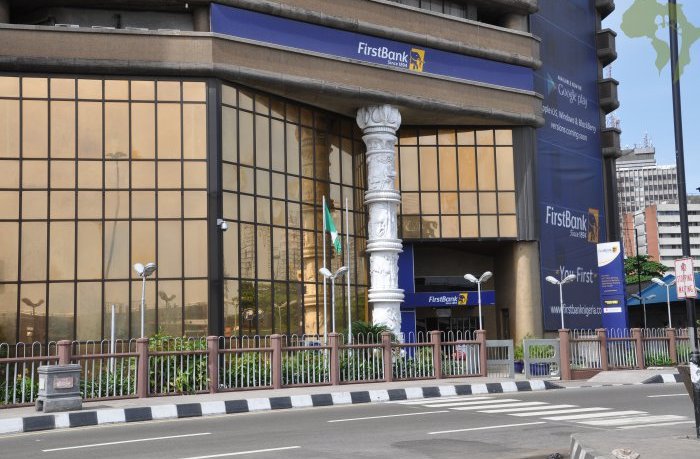The current boardroom crisis from the 127-year-old First Bank of Nigeria Ltd (FBN) that culminated from the intervention of the Central Bank of Nigeria (CBN) has again raised corporate governance concerns in the financial sector. The country is replete with relics of unsuccessful institutions both in the public and private businesses, occasioned by sundry ills, including poor corporate governance, mind-boggling corruption, gross negligence, incompetence and insider abuses, amongst others. It is not a road we ought to travel again.
Trouble started when the CBN dissolved and reconstituted the boards of FBN and those of its parent firm, FBN Holdings Plc. The FBN Managing Director earlier removed by the prior board was reinstated from the apex bank. With what’s performed in the past couple of weeks, the issues at stake are definitely in the public domain and shouldn’t be over-flogged. Instead of the FBN in the financial sector cannot be overstressed. CBN Governor, Godwin Emefiele put it rather succinctly: “By our final evaluation, First Bank has over 31 million customers, with a deposit base of N4.2 trillion, shareholders’ capital of N618 billion and NIBSS instant payment (NIP) processing ability of 22 per cent of the business.”
Available documents indicate that the FBN maintained healthy operations until the 2016 financial year when the CBN’s target evaluation revealed that the bank was in grave financial condition with its capital adequacy ratio (CAR) and non-performing loans ratio (NPLs) substantially exceeding acceptable prudential standards. The problems at the bank have been attributed to bad credit conclusions, important and non-performing insider loans and bad corporate governance practices. The lender would probably have been in serious problem were it not for CBN regulatory forbearance, a financial term for softening some of those stringent rules that banks must comply with if they are to avoid being taken over by the issuer.
Read Also: Lawmaker accuses Governors of frustrating financial independence of legislature, judiciary
Incidentally, the financial industry has had more than its fair share of the malaise. Between 1989 and December 2019, the Nigeria Deposit Insurance Corporation NDIC) had liquidated 425 financial institutions, such as 51 Deposit Money Banks (DMBs), 325 Micro Finance Banks (MFBs), along with 51 main Mortgage Banks (PMBs) mainly on account of the aforementioned ills. Bank failures come with a lot of ripple effects on the economy, such as job losses and loss of depositors’ funds, amongst others. This is why attempts by the CBN to ensure that FBN doesn’t just recover from the somewhat unsavoury company governance misdemeanours and insider abuses that characterised its operations in the last couple of decades, are commendable.
With the level of CAR at the FBN, recapitalisation has become the only option to return the banking giant on a solid footing. Everything should be done to secure investor confidence because the bank needs to raise fresh capital and also pick, quite urgently, where to raise it. Fortunately, the current boardroom disaster and the ensuing disclosures haven’t triggered a run on the bank. But beyond the fate of one bank, pertinent questions which arise include: At what point did the CBN find FBN investments in Honeywell and Bharti Airtel? What measures are being considered to ensure that the level of alleged insider abuses in FBN is stamped out in the financial sector? Has the CBN always adhered to its circular which requires that insider-related facilities must not exceed 10 per cent of paid-up share capital?
The Fund had advocated vigilance and corrective actions to avoid again financial stability dangers arising from increasing NPLs. In this connection, it noted that debt relief measures should stay time-bound and limited to clients with great pre-crisis principles, in accordance with present regulations.
![]()


